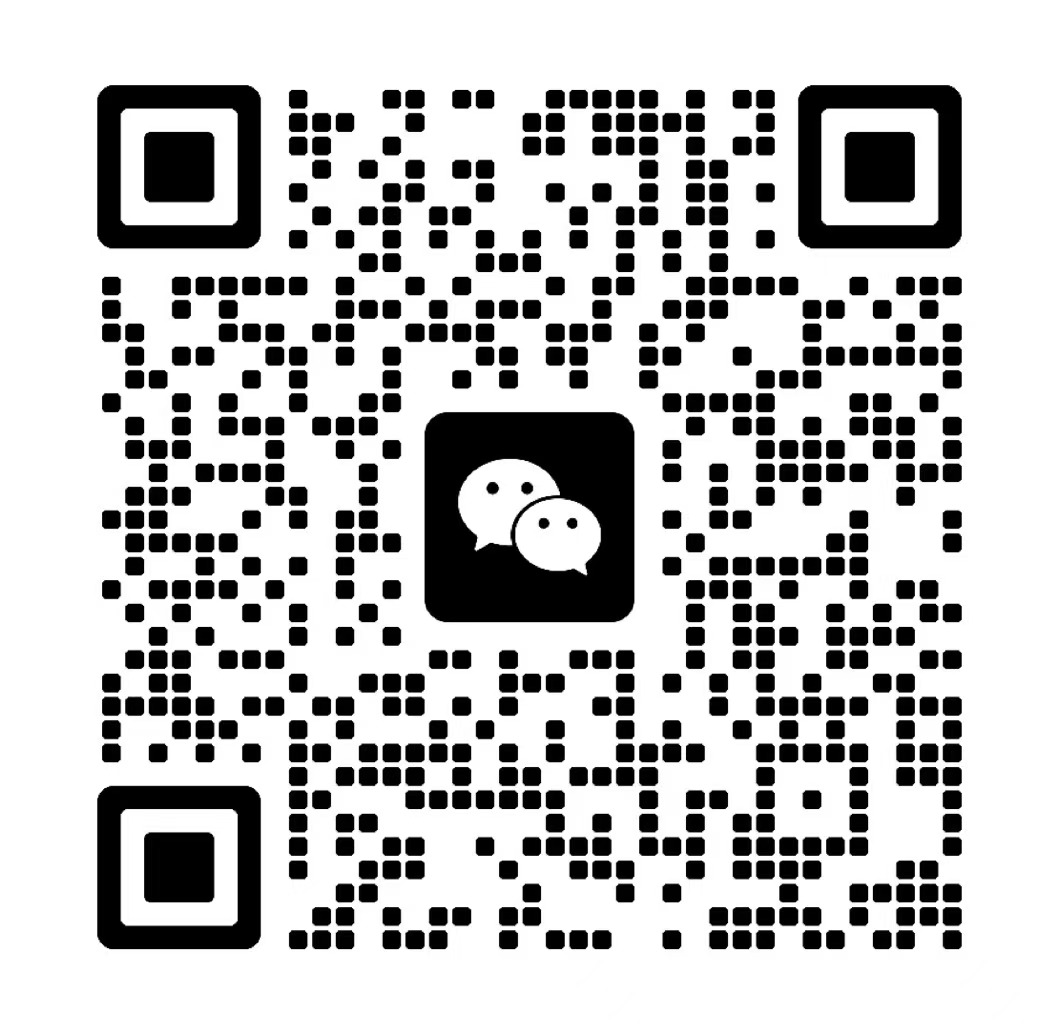Understanding the Yokogawa EJA118E Pressure Transmitter
Key Features of the Yokogawa EJA118E
The Yokogawa EJA118E boasts an array of features that set it apart in the realm of pressure measurement. Its robust construction ensures durability in harsh industrial environments, while its advanced sensor technology provides exceptional stability and accuracy. The transmitter incorporates digital signal processing, which enhances its performance and allows for easy configuration and diagnostics. Additionally, the EJA118E offers various output options, including 4-20 mA HART, FOUNDATION Fieldbus, and PROFIBUS PA, enabling seamless integration with existing control systems.
Applications of the EJA118E in Industry
Given its versatile measurement range, the Yokogawa EJA118E finds applications across numerous industries. In the oil and gas sector, it's utilized for flow measurement in pipelines and level measurement in storage tanks. The chemical industry relies on the EJA118E for precise process control in reactors and distillation columns. In power plants, the transmitter plays a crucial role in monitoring boiler feedwater systems and turbine performance. The food and beverage industry also benefits from the EJA118E's accuracy in ensuring product quality and consistency during various production stages.
Advantages of Using the Yokogawa EJA118E
The Yokogawa EJA118E offers several advantages that make it a preferred choice for many industrial applications. Its high accuracy, typically ±0.065% of span, ensures reliable measurements even in challenging conditions. The transmitter's long-term stability reduces the need for frequent calibrations, minimizing maintenance costs and downtime. Furthermore, the EJA118E's compact design and flexible mounting options allow for easy installation in tight spaces or existing infrastructure. The device's compatibility with various communication protocols also facilitates seamless integration into modern control systems, enhancing overall plant efficiency and data management.
Exploring the Measurement Range Capabilities
Low-Pressure Measurement Capabilities
At the lower end of its measurement spectrum, the Yokogawa EJA118E demonstrates remarkable sensitivity. It can accurately detect pressure differentials as small as 0.1 kPa, making it ideal for applications requiring precise low-pressure measurements. This capability is particularly valuable in industries such as semiconductor manufacturing, where even minute pressure variations can significantly impact product quality. The EJA118E's ability to maintain accuracy at such low pressures is attributed to its advanced sensor technology and sophisticated signal processing algorithms.
High-Pressure Measurement Capabilities
On the high-pressure end, the Yokogawa EJA118E showcases its robustness and versatility. Depending on the specific model, it can measure differential pressures up to 14 MPa, catering to high-pressure industrial processes. This high-end capability makes the EJA118E suitable for applications in the oil and gas industry, where high-pressure environments are common. The transmitter's ability to withstand such pressures without compromising accuracy or longevity is a testament to its superior design and construction quality.
Customizable Range Options
One of the standout features of the Yokogawa EJA118E is its customizable measurement range. Users can select from various range options to match their specific application requirements. This flexibility allows for optimal performance across different pressure scenarios without the need for multiple instruments. The ability to fine-tune the measurement range also contributes to improved accuracy and resolution in the desired operating range, enhancing overall process control and efficiency.
Factors Influencing Measurement Range Selection
Process Requirements and Industry Standards
Selecting the appropriate measurement range for the Yokogawa EJA118E largely depends on the specific process requirements and industry standards. Different industries have varying pressure measurement needs, and compliance with regulatory standards is often crucial. For instance, in the pharmaceutical industry, precise low-pressure measurements might be necessary for maintaining sterile conditions, while the petrochemical industry may require high-pressure capabilities for monitoring critical processes. Understanding these requirements is essential for choosing the right configuration of the EJA118E to ensure optimal performance and regulatory compliance.
Environmental Considerations
Environmental factors play a significant role in determining the suitable measurement range for the Yokogawa EJA118E. Ambient temperature, humidity, and the presence of corrosive substances can all impact the transmitter's performance. In extreme environments, such as offshore oil platforms or chemical processing plants, the EJA118E's measurement range might need to be adjusted to account for these challenging conditions. The transmitter's robust design allows it to maintain accuracy across a wide range of environmental conditions, but proper range selection is crucial for ensuring reliable operation in specific settings.
Future-Proofing and Scalability
When selecting the measurement range for the Yokogawa EJA118E, it's important to consider future process changes and scalability. Opting for a range that accommodates potential increases in pressure requirements can save time and resources in the long run. The EJA118E's wide measurement span provides the flexibility to adapt to evolving process needs without requiring frequent instrument replacements. This forward-thinking approach to range selection can lead to improved long-term cost-effectiveness and reduced downtime associated with instrument upgrades.
Conclusion
The Yokogawa EJA118E's impressive measurement range, spanning from 0.1 kPa to 14 MPa, makes it a versatile and reliable choice for various industrial applications. Its ability to provide accurate measurements across this wide spectrum, coupled with its robust design and advanced features, positions the EJA118E as a top-tier pressure transmitter in the market. By carefully considering process requirements, environmental factors, and future scalability, users can maximize the benefits of this exceptional instrument in their operations. If you want to get more information about this product, you can contact us at lm@zyyinstrument.com.
